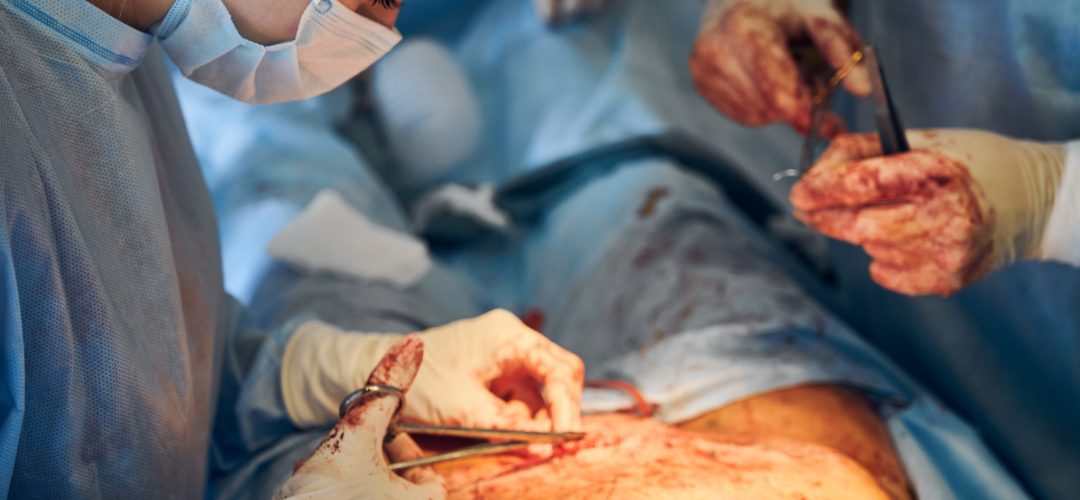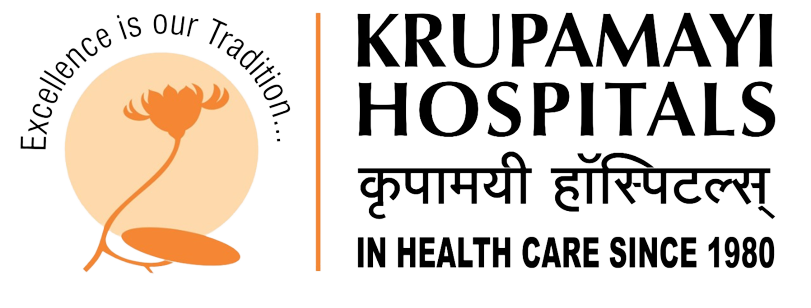
Hernia Surgery in Aurangabad
A hernia happens when an inside organ such as an intestine or fat forces through a frail location in your muscle or flesh. There are various types of hernias that can affect a person. Ordinarily, femoral hernia, inguinal hernias, umbilical hernias, and Hiatal hernias are detected during body examinations by our hernia specialist. If you are dealing with a hernia, it’s essential to attend it quickly by reaching out to a Hernia doctor in Aurangabad as hernias do not heal on their own and if left unattended, it can cause complicates further leading to strangulation which is life-threatening. Krupamayi Hospital one the best Cancer Hospital in Aurangabad Provides all types of Hernia Surgery in Aurangabad, The Doctor’s at Krupamayi Is having Experience in Treating all types of Hernia surguries.
Hernia can happen to anyone – acknowledging statistics as per journals and papers, 1 out of 10 people deal with a hernia at some point in life. It can affect both males and females and can occur at any age and sometimes even newborns may possess it. Hernia surgery in Mumbai is common and is conducted globally with millions of cases being tended each year.
Causes of Hernia
- Hernias can be caused by any condition that increases abdominal cavity pressure for an extended period of time, such as Obesity, persistent cough, heavy lifting, and persistent constipation that makes it hard to poop.
- A higher risk of developing a hernia is associated with family history.
- Some hernias may be idiopathic, meaning their cause is unknown at birth.
Symptoms of Hernia
- A new lump or bulge in the groin or abdominal region may be the first sign of a hernia. Although there may be a concomitant dull ache, it typically does not hurt to touch. Standing, coughing, and lying down may push the lump back or make it disappear
- If left untreated, a small, painless hernia typically grows in size.
- The hernia may occasionally become irreducible, meaning that it cannot be pushed back into the abdominal cavity while lying down or manually. It also becomes painful at this point.
- When a bowel loop has herniated, it can sometimes become blocked. This needs to be treated right away because it can cause severe pain, nausea, vomiting, and constipation.
- In rare cases, the hernia can become “strangulated,” as described further below, causing the patient to appear ill with or without fever, nausea, vomiting, or extreme pain to the touch. This condition is life-threatening, necessitating immediate surgery.
Treatment of Hernia
Typically, a physical examination can identify a hernia. In order to examine the visible swelling surrounding the herniated organ, the healthcare provider will ask you to stand, sit, or lie down. If a hernia can be felt clearly in these positions, the doctor will recommend ultrasound to get a clear picture of the hernia and the muscles from which the internal organ is protruding.
The hernia may be examined with an X-ray to check for obstructions.
In addition, an MRI or CT scan can be used to determine whether or not the hernia can result in complications and which surgical procedure is most effective
